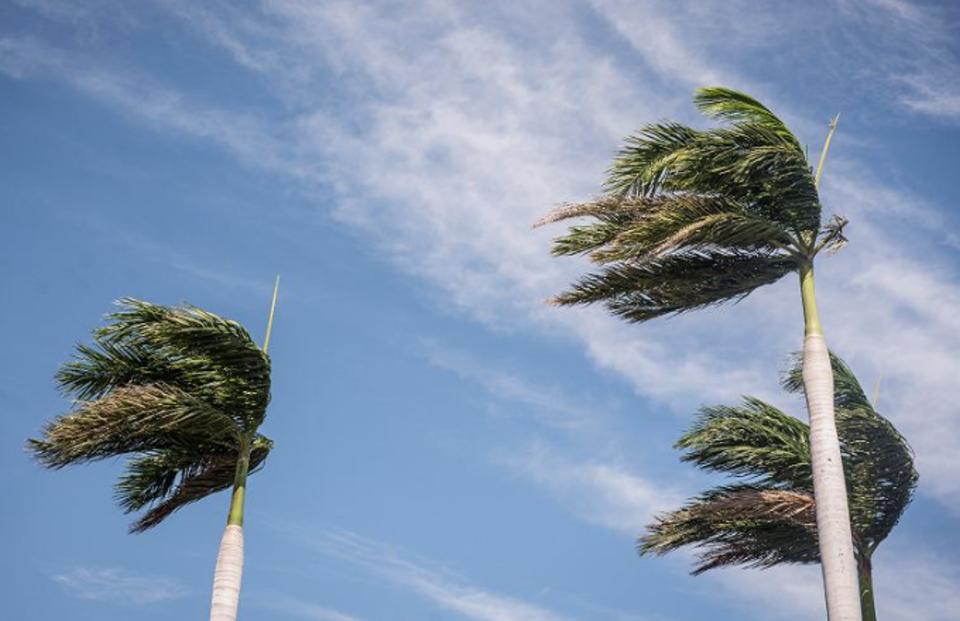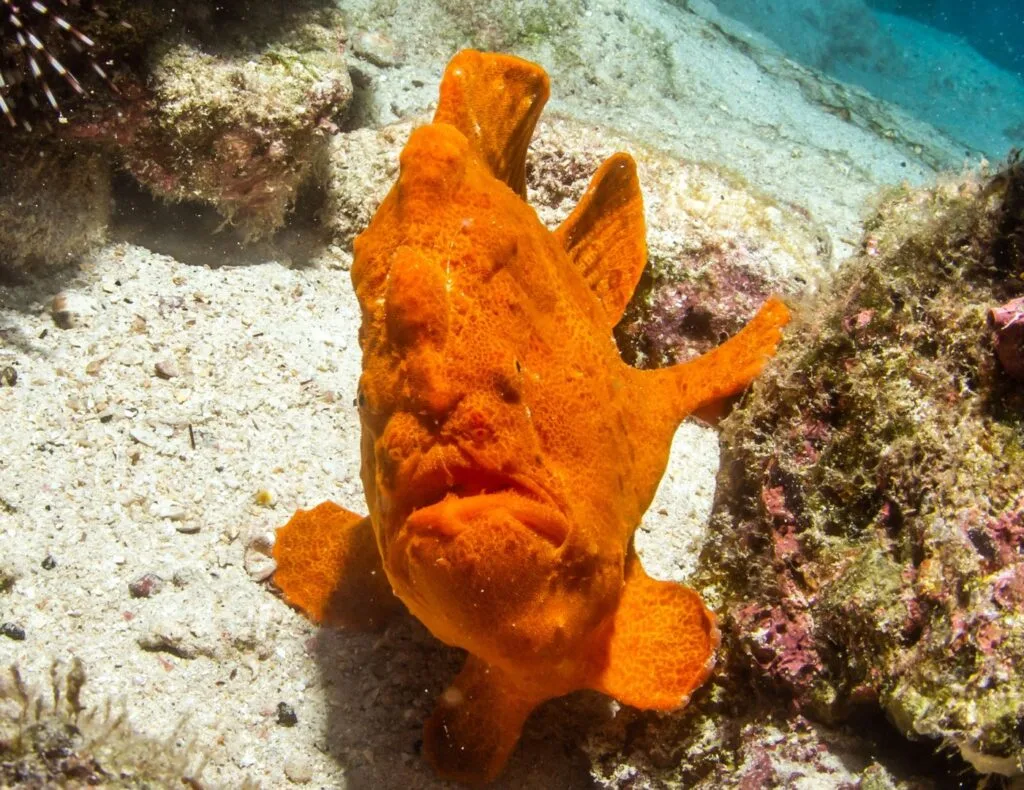Sunscreen will be cheaper in Costa Rica after 33 deputies approved a bill in its second debate that lowers the Value Added Tax (VAT) for this product. With the bill’s approval, sunscreen will no longer be considered a luxury product, but rather a health product. As a result, this essential item will become more accessible to the public.
Previously, sunscreen was taxed at 13%, but under the new law, the tax will be reduced to just 1%. The bill, known as File 23.583 or the “Law for the Promotion of the Use of Sunscreen and Prevention of Skin Cancer,” was introduced by Frente Amplio legislator Priscila Vindas.
“What we are looking for with this bill is to reclassify sunscreen from a beauty product to a health product, so it will no longer be subject to the 13% VAT,” said Vindas.
Initially, the bill also proposed requiring employers to provide sunscreen to outdoor workers, especially during peak ultraviolet radiation hours. However, this obligation was later removed following a motion supported by the majority of deputies.
The Costa Rican Social Security Fund (CCSS) had also suggested including sunscreen among its products provided to patients, but this provision was also excluded during the debate.
“This legislation was motivated by the fact that skin cancer is the most common type of cancer in Costa Rica—ranked first among men and second among women. We lose many lives to this aggressive disease,” Vindas explained.
Skin cancer is among the seven most frequent types of cancer in Costa Rica. The three main types are basal cell carcinoma, squamous cell carcinoma, and melanoma, with melanoma being the most aggressive and lethal. Melanoma often develops in a mole or appears as a new spot on the skin.
According to the World Health Organization (WHO) and the International Agency for Research on Cancer (IARC), more than 1.5 million new cases of skin cancer were estimated globally in 2022.
Overexposure to natural or artificial ultraviolet radiation is the primary environmental risk factor for skin cancer. Other contributing factors include family history and a history of sunburns, particularly those that occurred before age 18.
Source link
Tico Times



